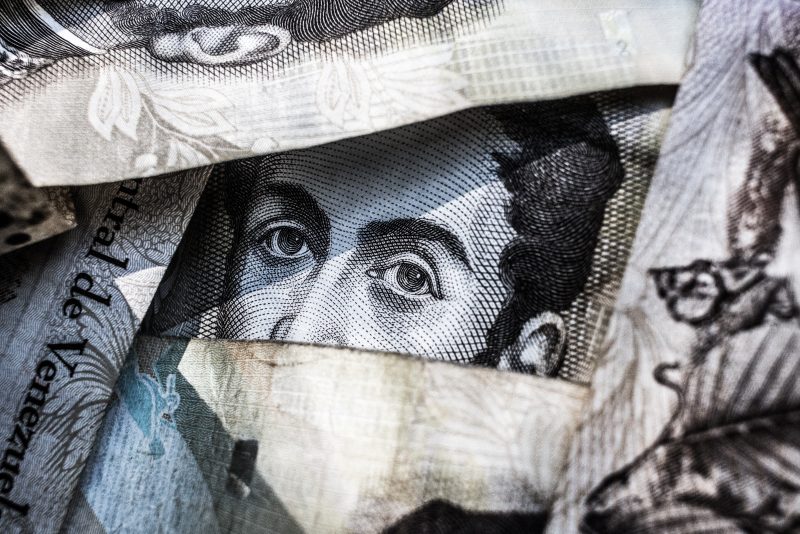ECB must act on climate change
GEC joins +160 co-signatories for open letter to new ECB president, Christine Lagarde, to take concrete action on climate change

The Green Economy Coalition is proud to join164 academics and civil society representatives in signing an open letter urging the new president of the European Central Bank, Christine Lagarde, to take concrete action to fight climate change.
Signed by an impressively diverse group of 164 academics, NGOs, trade unions and experts from 15 countries, including Adair Turner (Former chairman of the UK Financial Authority), Jacqueline Cramer (former Dutch Minister for the Environment), Adam Tooze, UNI-Europa, Caritas France, Finance Watch, Greenpeace International and many others, the open letter was sent to the ECB on 27th November 2019 and released in several prominent European media outlets including the Financial Times, Bloomberg, El Pais, Spain’s News, La Repubblica, The Times, Les Echos, Der Tagesspiegel, NRC.
The letter expresses support towards Christine Lagarde’s pledge to ensure that the ECB puts the “protection of the environment at the core of the understanding of its mission”, as she said during the European Parliament’s hearing on 4 September 2019.
According to the letter, it is clear that action against climate change lies within the current ECB mandate, as defined by Article 127 of the Treaty on the Functioning of the European Union. Moreover, the letter reminds that the ECB as an EU institution is legally bound by the Paris Climate Agreement. “Should there be any doubt on this point,” the letter concludes, the ECB could engage further with the European Parliament “to define the role the ECB should play within the broader EU climate strategy.“
Aligning the European Central Bank’s monetary policy with the EU’s sustainability goals is one of the core areas of Positive Money Europe’s work. Since 2016, we have warned against the fact that the ECB’s quantitative easing strategy subsidizes polluting multinationals (see our research study here), and pressed the ECB to embrace “Green quantitative easing.” At this early stage of Lagarde’s mandate, the demonstration of support from the letter will give the new ECB president the confidence and legitimacy that she will need to convince the rest of the ECB’s Governing Council that sustainability should be hardwired in the ECB’s mindset.
Stanislas Jourdan, Head of Positive Money Europe, said:
“Central bankers are understandably wary of going beyond their mandate and overlapping the role of governments. But the reality is that the European Parliament – to whom the ECB is accountable to – has repeatedly confirmed the necessary role of the ECB for sustainability. Christine Lagarde has the legitimacy she needs to move forward, and we expect climate change objectives to be part of the ECB’s strategic review in 2020.”
Sandrine Dixson-Declève, President of The Club of Rome, said:
“It is high time for the ECB to show leadership in shifting financial flows towards a low carbon equitable economy and take the climate crisis seriously. To do so ECB must follow EIB leadership and pull out of all unabated fossil fuel financing by 2021. This will reinforce the EIB’s message across the globe that the greatest financial risk is investing in stranded high carbon assets and not taking the human and material costs of climate change seriously.“
Rens Van Tilburg, Director of Sustainable Finance Lab, said:
“As a supervisor, the ECB is expecting of banks that they analyse their climate risks and mitigate these, and rightly so. However, so far, it has not done so for its own balance sheet, which as a result is highly carbon-intensive. Like the Swedish Riksbank, the ECB should sell carbon-intensive assets and hence reduce its exposure to transition risks.”
Christine Lagarde’s first parliamentary hearing at the European Parliament is scheduled on December 2nd. Watch out this space and our Twitter and Facebook to find out whether Christine Lagarde will respond to our letter.


